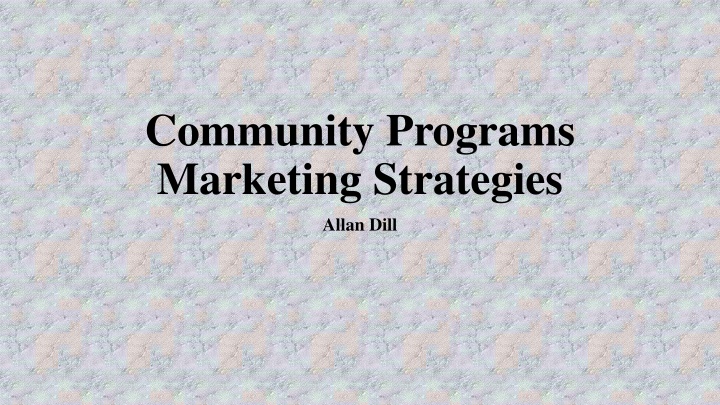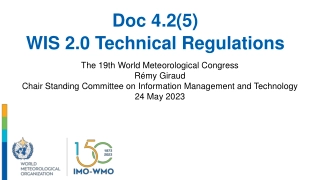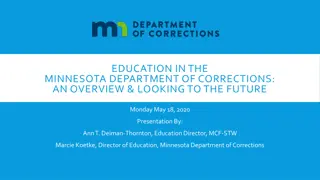
Marketing Strategies and Business Degrees Insights
Explore the power of marketing, necessary skills for success in marketing, and the versatility of a business degree in the modern job market. Discover the importance of marketing principles across various industries and how ideas and information can be effectively marketed.
Download Presentation

Please find below an Image/Link to download the presentation.
The content on the website is provided AS IS for your information and personal use only. It may not be sold, licensed, or shared on other websites without obtaining consent from the author. If you encounter any issues during the download, it is possible that the publisher has removed the file from their server.
You are allowed to download the files provided on this website for personal or commercial use, subject to the condition that they are used lawfully. All files are the property of their respective owners.
The content on the website is provided AS IS for your information and personal use only. It may not be sold, licensed, or shared on other websites without obtaining consent from the author.
E N D
Presentation Transcript
Community Programs Marketing Strategies Allan Dill
Introduction Master s Degree in Business Administration with a focus in Advertising and Marketing United States Army Military Information Support Operations (MISO) Member of the American Marketers Association (AMA) and Psychological Operations Veterans Association (POVA)
The Power of Marketing What are the generic product names for the following: 1. Search Engine Google 4. Heat-Resistant Glass Pyrex 2. Bleach Clorox 5. Ice Pops Popsicle 3. Double-Zipper Plastic Bags Ziploc Bags 6. Q-Tips Double-Headed Cotton Swabs
Importance of Marketing What is Marketing? Four P s of Marketing: Product, Price, Promotion and Placement Which Businesses and Industries use Marketing? All of them. Every business, industry, non-profit, government and political organization uses marketing principles to be competitive in the informational environment. Can Ideas and Information be Marketed? Absolutely. Especially non-profit and political information
What Skills are Needed to be Successful in Marketing? Answer: Depends on your specialty Advertising and Sales: Communication and Organizational Skills; Initiative and Self-Confidence Advertising, Promotions and Marketing Manager: Analytical, Communication, Decision Making, Interpersonal and Organizational Skills; Creativity Fundraising Manager: Communication, Leadership, Organizational, Problem Solving, Speaking and Writing Skills Market Research Analyst: Analytical, Communication and Critical-Thinking Skills; Detail Oriented Personality and SQL Query Knowledge Public Relations Specialist: Interpersonal, Organizational, Problem-Solving, Speaking and Writing Skills
Uses of a Business Degree Most versatile degree in the modern job market Requirement for positions from managers to Chief Executive Officers (CEO s) Examples: Warren Buffet Berkshire Hathaway Chairman and CEO Tim Cook Apple CEO John S. Watson Chevron Corporation Chairman and CEO Doug McMillon Walmart Corporation President and CEO Satya Nadella Microsoft CEO Mary T. Barra General Motors CEO Surprising Examples: Kevin Costner Arnold Schwarzenegger Shaquille O Neal Dr. Mehmet Oz
Majoring in Business and Marketing 1. Focus on industries that make you passionate 2. Understand your current skills and abilities 3. Establish your professional goals 4. Pay attention to every class (especially math) and take classes that meet your professional goals 5. Obtain industry and/or marketing certifications
Promoting Non-Profit Businesses Greatest challenges: Unclear products and services Operations do not generate revenue but revenue is required for operations Who are the customers? (Donors or beneficiaries) Where do you focus to generate revenue?
Strategies to Introduce New Ideas 1. Research your audience from their point of view 2. Develop What s In It For Me (WIIFM) statements 3. Focus on the benefits for the audience 4. Make the information simple, understandable and relate-able 5. Begin and end with the required course of action from the audience
Presentation Tips Do s Don ts 1. Know your audience 2. Be passionate 3. Be confident 4. Body language 5. Memorize the material 1. Dress unprofessionally 2. Sound robotic 3. Avoid weak and filler language 4. Be afraid to move on stage 5. Read directly from your notes




